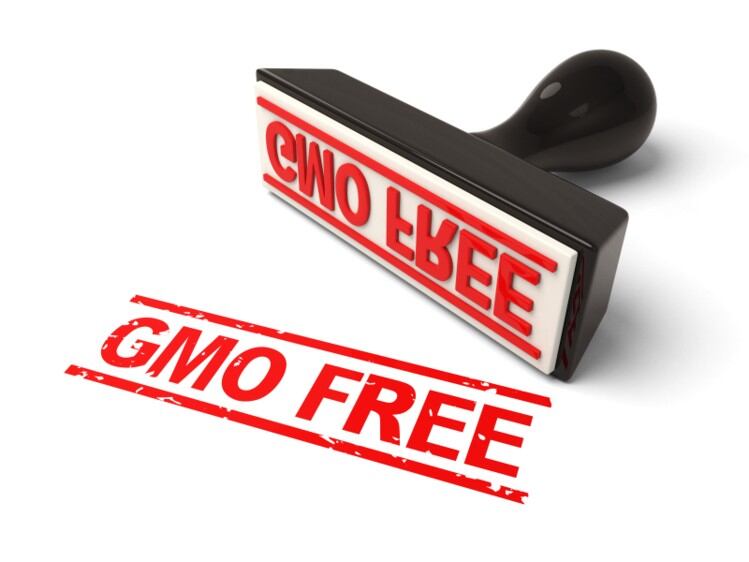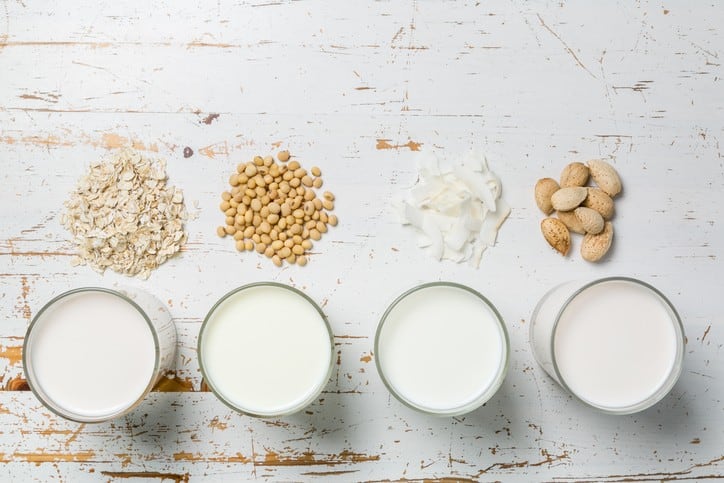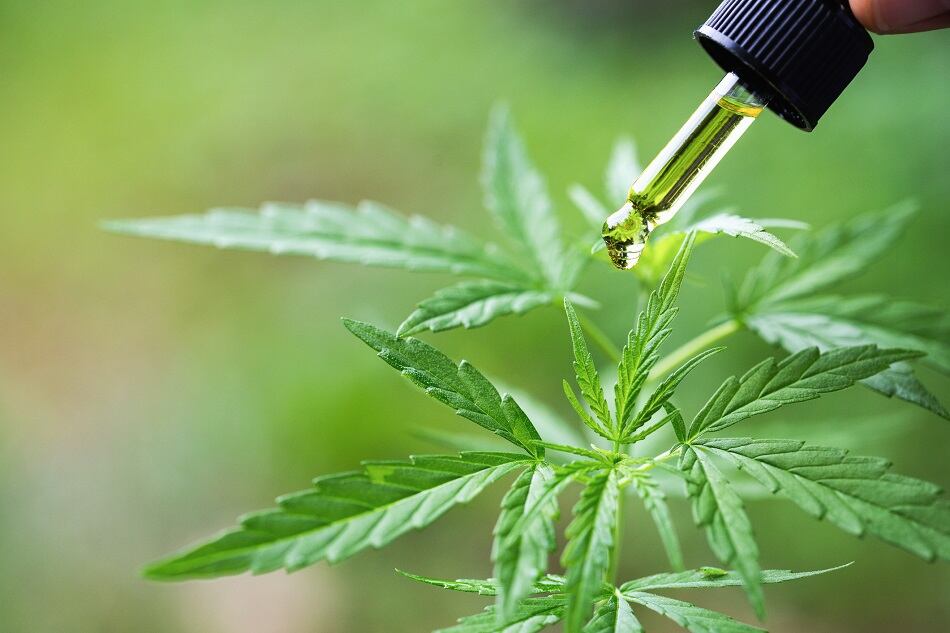According to Euromonitor International data, Brazil's organic food and beverage market is expected to grow at an average annual rate of 9% and consumer demand for organic certified products has increased over the years.
"Although still very positive - especially in an uncertain scenario of economic recovery, this projection is lower than that registered by the category in the period between 2013 and 2018 - of more than 10%," noted Salado.
Organic certification presents largest obstacle for food producers
"Meeting the requirements to obtain the Brazilian Organic Conformity Assessment Seal is no easy task - and this is precisely the biggest bottleneck in the production chain today," said Salado.
Several industry professionals including ones that spoke at FiSA (Food Ingredients South America) 2019, have stated that it extremely difficult,for food manufacturers of all sizes to find organic ingredients on a sufficient enough scale to transition to an organic supply chain.
"This is because there is no guaranteed supply of items throughout the year, due to seasonality, and also the need for crop rotation to ensure good levels of organic soil productivity," Salado added.
Even in the case of Nestlé, which launched organic milk products in Brazil earlier this year under the Milk Nest brand, the process and investment to convert from a conventional to organic supply chain took the multi-billion-dollar company around 18 months to complete.
Consumer distrust over large brands launching organic products
The acquisition of small, organic brands by global companies has helped grow the organic food industry, but has also been met with some consumer distrust, especially among Brazilians, according to Salado.
"The Brazilian [consumer] has a perception that small-scale products are better in quality. Thus, a brand known to be organic could lose its appeal by being acquired by a large group," she said.
A way to soften consumers' acceptance of large companies bankrolling the growth of small, organic brands may be through increased private equity investment, suggested Salado.
"One solution would be to seek resources through investment funds, such as private equity, so that injected capital can be invested in the professionalization and structuring of the [supply] chain," she said.
Most Brazilians still believe 'organic' is simply 'natural' and therefore should not cost more
Organic food producers in Brazil will have to pour efforts into justifying the higher price tag for organic products, which can be 50% higher in the case of




